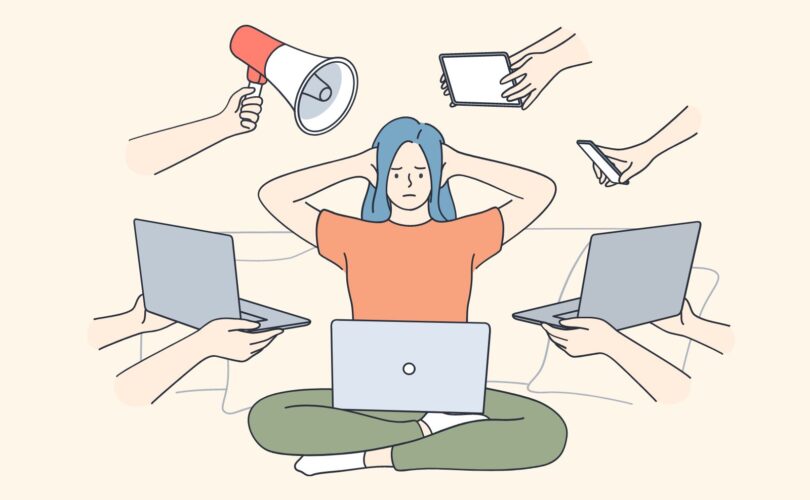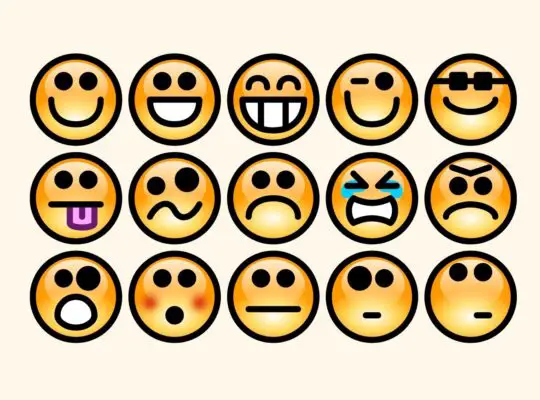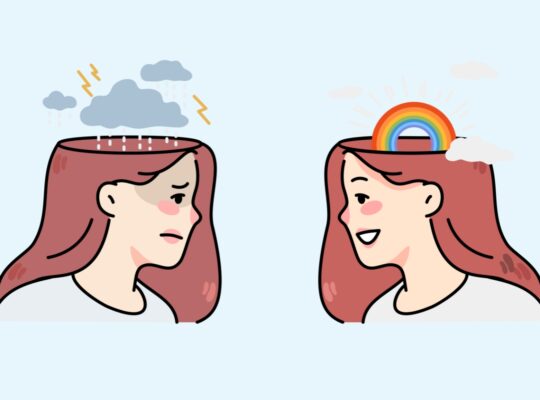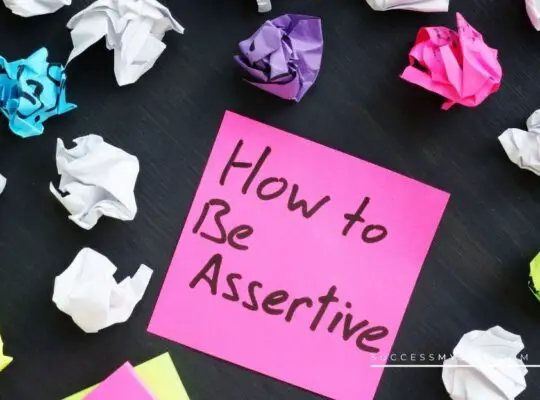Stress is a common and often unavoidable part of life. While some stress can be helpful in motivating and energizing us, too much stress can be detrimental to our physical and mental health. In order to effectively manage stress, it’s important to have a clear understanding of the specific stressors that impact us most.
By identifying and understanding our individual stressors, we can develop strategies and coping mechanisms to better manage and reduce the impact of stress in our lives. In this top 10 list, we will explore some effective ways to better understand your stressors and develop healthy strategies for managing stress.
#1 Keep A Stress Journal
Keeping a stress journal involves recording your thoughts, emotions, and experiences when you feel stressed. This helps you to become more self-aware and understand the specific triggers that cause stress in your life. By taking the time to reflect on these experiences and patterns, you can gain a better understanding of what specifically causes stress and how you react to it. This increased awareness can help you develop effective coping mechanisms to better manage stress and can also help you identify ways to proactively prevent stress in the future.
#2 Identify Physical Symptoms
When we experience stress, our body reacts in various ways, such as tension in the shoulders, headaches, or an upset stomach. By paying attention to these physical symptoms, we can gain insight into our stressors and identify patterns or triggers that cause stress.
For example, if you consistently experience tension in your shoulders after a certain task, you may be able to identify that task as a stressor. This increased awareness can help you develop strategies to manage stress and also help you proactively avoid situations that cause stress.
#3 Take Note Of Environmental Factors
Our environment can play a significant role in our stress levels. Taking note of environmental factors such as noise levels, lighting, or temperature can help us understand how our surroundings affect our stress levels. For example, if you consistently feel stressed in a noisy environment, you may be able to identify that noise is a stressor for you.
By becoming aware of these environmental factors, we can make changes to our surroundings or adjust our behavior to better manage stress. This increased awareness can help us identify triggers and patterns that cause stress, allowing us to take proactive steps towards managing stress in a healthier way.
#4 Consider Personality Traits
Our personality traits can influence how we respond to stressors. By considering our personality traits, we can gain insight into why certain situations may cause stress for us. For example, an introverted person may find social situations more stressful than an extroverted person. Identifying our personality traits can help us develop strategies to manage stress that work best for us.
For example, an introverted person may choose to limit their exposure to social situations or prepare in advance for these situations. By taking our personality traits into account, we can better understand our stressors and develop coping mechanisms that are tailored to our unique needs and preferences.
#5 Keep A Schedule
Keeping a schedule can help us better understand our stressors by providing insight into how we spend our time and what activities or responsibilities may be causing stress. By tracking our daily routine, we can identify patterns or triggers that may be causing stress, such as over-commitment or lack of time for self-care.
Keeping a schedule can also help us prioritize tasks and manage our time more effectively, reducing stress levels. Additionally, by creating a structured routine, we can develop healthy habits and better manage our daily responsibilities, leading to a greater sense of control and a reduced feeling of overwhelm.
#6 Make Lifestyle Changes
Making lifestyle changes can help us better understand our stressors by giving us insight into how our habits and behaviors may be contributing to our stress levels. For example, poor eating habits or lack of exercise can lead to physical symptoms of stress, while inadequate sleep or chronic overwork can contribute to emotional stress.
By making positive lifestyle changes, such as improving our diet, increasing physical activity, or prioritizing rest and relaxation, we can reduce stress levels and gain a better understanding of what activities or behaviors are contributing to our stress. Making lifestyle changes can also help us develop healthy habits and coping mechanisms, which can help us better manage stress in the long term.
#7 Learn New Relaxation Techniques
Relaxation techniques such as meditation, deep breathing, or progressive muscle relaxation can help reduce stress levels and provide a sense of calm and clarity, making it easier to identify what activities, thoughts, or situations are causing stress.
As we become more familiar with relaxation techniques, we can start to identify patterns in our stress response, such as which techniques work best for us, what times of day we feel most stressed, or what activities trigger stress.
#8 Identify Your Triggers
By recognizing your triggers, you can begin to understand how your body and mind respond to stress and develop coping strategies to manage them. Once you identify your triggers, you can take steps to avoid or reduce them when possible or develop strategies for managing the stress they cause.
For example, if a particular deadline at work consistently causes you stress, you may be able to negotiate a different timeline or break the task into smaller, more manageable pieces. Identifying your triggers can also help you recognize patterns in your stress response, such as the physical and emotional symptoms you experience when under stress.
#9 Take Breaks
Regular breaks can help you to identify patterns in your stress response and recognize when you are reaching your limit. When you take breaks, you can also use the time to reflect on your stressors and identify ways to manage them more effectively.
By doing so, you can gain a better understanding of how different situations impact your stress levels and develop strategies to prevent or manage stress in the future. Additionally, taking breaks can help you prioritize your well-being, which is important for managing stress and maintaining overall health and wellness.
#10 Set Realistic Goals
When you set goals that are achievable and aligned with your values and priorities, you are more likely to feel a sense of control over your life and reduce the impact of stress. Unrealistic or overly ambitious goals can contribute to feelings of overwhelm and frustration, leading to increased stress levels. By setting realistic goals, you can break large tasks into smaller, more manageable steps, which can help you stay focused and reduce stress.








